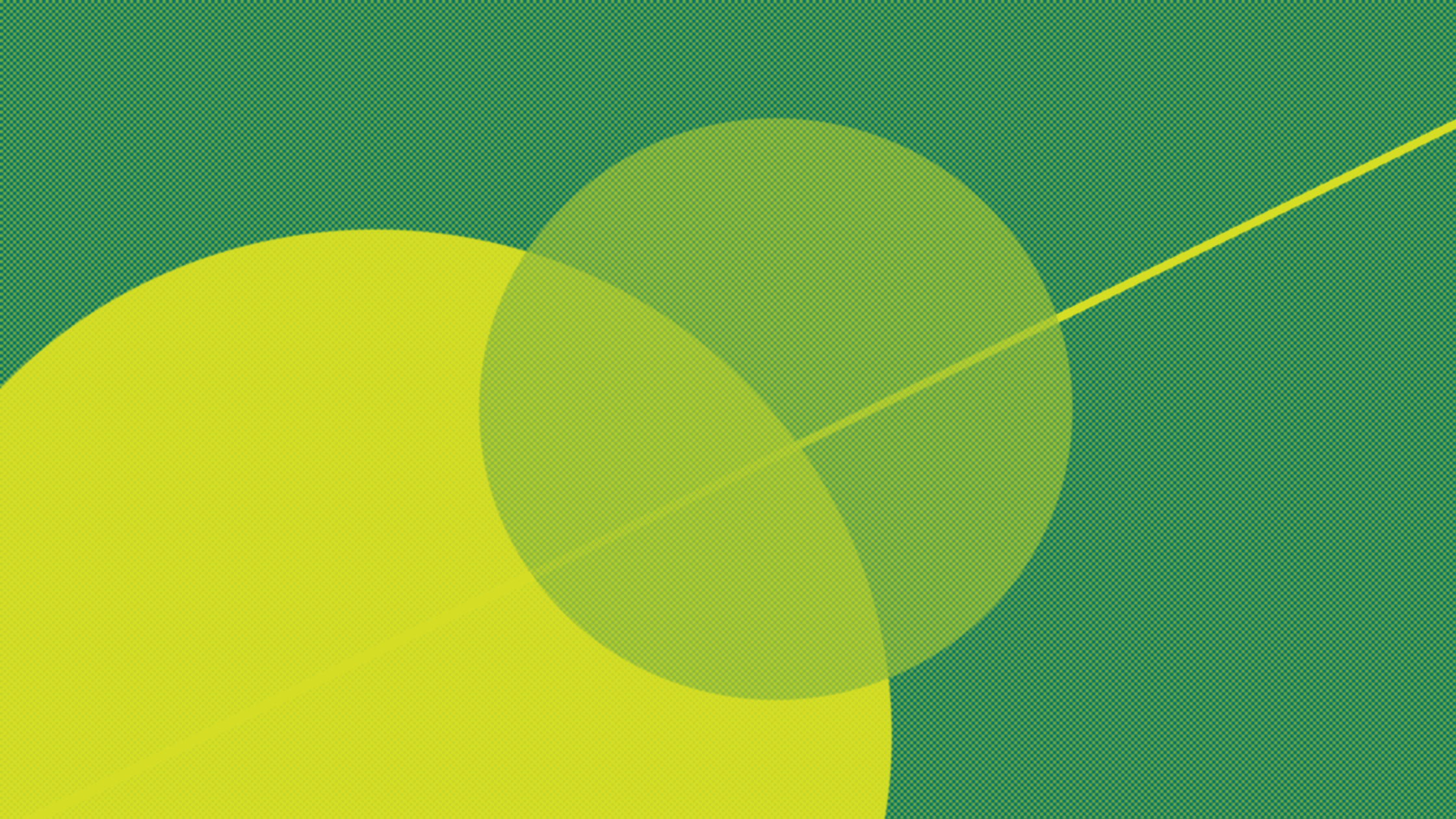Next generation publishing at Harvard
On Friday last week, I was lucky enough to happen to be in Boston at the same time as an event titled Publishing in the New Millennium at which PLoS founder Harold Varmus and PLoS ONE Community Manager Bora Zivkovic were speaking. It was a free event organized by Harvard graduate students and aimed at both faculty, students and interested parties.
The lecture hall packed out to hear Harold speak about Open Access, PubMed Central, the NIH, and PLoS, but all eyes and ears were firmly centred on the standoff between his ideas and those of Emilie Marcus, Editor of Cell. Emilie took part in a panel discussion which focused mainly on the financial pros and cons of publishing Open Access and the danger of an ‘author pays’ model leading to ‘vanity publishing’ – the idea that paying for publication can compromise editorial standards. Of course, here at PLoS, the editors do not see the financial disclosure information of authors, and thus it can have no effect on their editorial integrity. It is nonetheless an interesting question, and one which also led Stuart Shieber of Harvard to ask the question – if all journals did go Open Access, would new barriers to publication be created in the form of higher-quality journals charging higher publication fees?
The second forum focused on ‘Science 2.0’ and the semantic web – which John Wilbanks of Science Commons thinks is now a very real and imminent possibility. The web currently does not function that well for science, and the next big leap is taking place in projects like JoVE, Creative Commons, PLoS ONE, and SciVee. Both Nature Precedings and PLoS ONE encourage commenting on articles and interaction between scientific peers, but this can have varying results – Hilary Spencer stated the uptake of commenting on Precedings has not been great, though there is plenty of other activity, while PLoS ONE has had well over 1000 pieces of post-publication commentary. The interactivity of video sites like JoVE and SciVee show the ability of the web to be used for science in ways other than traditional publishing, allowing experiments to be visually demonstrated and authors to present their work in other forms than text. Eventually, will the concept of ‘a paper’ become redundant as we progress towards publishing all data, methods, peer comments and interactive experiments in one package online?
